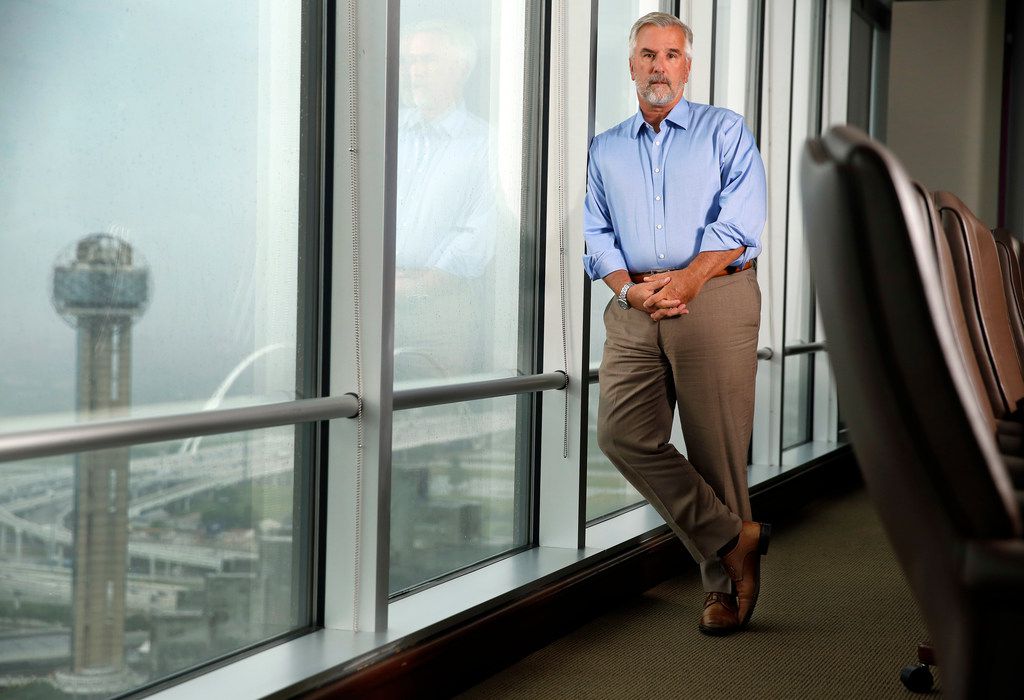Relying on anti-concurrent causation clauses, several insurers have adopted a method of claims adjusting where business income claims are denied in whole if the property suffered damage attributed in part to an excluded cause of loss. In most states, this type of business practice is wrong and contrary to public policy. For an in depth analysis on the legal framework of anti-concurrent clauses, I encourage you to read Chip’s post, Anticoncurrent Causation Clause Explained in Relation to Hurricane Losses.
Simply stated, there is enough authority to discourage this type of claims adjusting practice. Even the authors of the National Underwriter’s FC&S Bulletin, which is a source of information the insurance industry usually relies on to update their business practices, discourages this type of claims adjusting in business income claims. The following are two examples found in their Q&A section which should assist the policyholder professional in dealing with this type of coverage situation.
Concurrent Causation Language Does Not Exclude Windstorm Loss
My client, a tenant with a business owners policy, suffered a business income loss resulting from Hurricane Ivan. During the storm, the building had off-premises loss of power and wind damage to the roof. We were unable to determine which occurred first.
The adjuster cites the following exclusion as applying to the loss: "We will not pay for loss or damage caused directly or indirectly by any of the following…off-premises power failure." The adjuster cannot be the judge to determine which came first, power failure or roof damage.
I feel that the insured, due to water damage from the roof, incurred loss of business income. His employees could not occupy the building due to water damage and power failure. The adjuster cannot determine when the power would have been turned back on—possibly the power could have been restored after the storm, so I do not believe that she can apply the off-premises power failure exclusion.The adjuster told me that even if the building had been destroyed by the hurricane, due to off-premises power failure, the exclusion would still stand because of the "concurrently or in any sequence to the loss" language in the policy. Based on her statement, even if power can be restored within a few days, the subsequent business income loss would not be covered.
I am confused by the concurrent language that the insurer is using to justify denying the claim.Alabama Subscriber
A.
The business income loss resulting from a suspension of operations from windstorm damage to the roof should be paid under the businessowners policy. Any suspension of operations and resulting business income loss that occurs solely because of off-premises power failure is excluded.
It does not matter whether the off-premises power failure or the windstorm came first. The concurrent causation language excludes coverage only for the loss that results from power failure and does not affect other damage that might result from a covered cause of loss. It does not say that damage from windstorm (a covered cause of loss) is not covered if an excluded cause of loss (the off-premises power failure) also occurs.
It may help to insert the words "off-premises power failure" into the concurrent causation introductory language as follows:
We will not pay for loss or damage caused directly or indirectly by off premises power failure. Such loss or damage (from off-premises power failure) is excluded regardless of any other cause or event (such as windstorm) that contributes concurrently or in sequence to the loss (from the power failure).
Hurricane Damage and Business Income Loss
Our insured is a seafood restaurant and wholesaler located in Florida. The owner was ordered to evacuate because of Hurricane Frances . When he returned, he found there was direct wind damage to the condensing unit of the large walk-in cooler. Also, a light pole that was on an easement on the neighboring premises collapsed onto the insured’s building’s roof, causing damage.
As a result, all the seafood spoiled and the insured sustained a loss of business income. The adjuster told our insured that there was no coverage because of the exclusion for power failure. However, the adjuster also said that he could not establish if the power went out before the actual wind damage to the condensing unit.
Because of the evacuation, the insured was not on the site at the time, so he couldn’t provide definite evidence one way or another. But since it is at least possible that the wind was the direct cause of the condenser’s failure, we think the insured should get the benefit of the doubt. We should add that the form is not a standard ISO form.
What do you think? Is the insured entitled to business income loss because of the property damage and the spoilage?
Florida Subscriber
A.
There are points in the coverage form you sent that support the insured’s view. First, there is an endorsement attached that provides coverage for loss or damage directly caused by wind. So, if the wind directly damaged the condenser unit, perhaps by blowing an object against it, that would certainly be covered property damage. The light pole’s collapsing onto the roof, damaging it, is also covered property damage. So, unless some other exclusion eliminates coverage, this covered property damage triggers business income coverage.
The next point to consider is the food spoilage. Here, it appears the adjuster has focused on the exclusion for failure of power or other utility service "however caused and wherever such failure should occur." But it is possible that the power never failed at all—the condenser quit working because it was damaged by the wind.
The policy you sent contains an exclusion for "dampness of atmosphere, dryness of atmosphere, changes in or extremes of temperature… change in flavor or color or texture or finish… All whether loss or damage from such excluded Causes of Loss is direct or indirect, proximate or remote, or be in whole or in part caused by, contributed to, or aggravated by a Cause of Loss covered under this Policy."
This exclusion, however, has been deleted in its entirety by endorsement. Given the insured’s business, this is the type of endorsement we would expect to find; other forms add coverage for spoilage by endorsement, but this insurer provides coverage through deleting the exclusion.
So, the final point to be made: excluding loss resulting from power failure "however caused" and then giving back coverage for spoilage would render coverage illusory. This is the major reason refrigerated products spoil. The insurer could always invoke the exclusion in any situation, leaving the insured to wonder what he’d been paying for.But, as we noted, the power might not have failed at all; the condenser might have quit working because of wind damage, leading to the covered spoilage.



